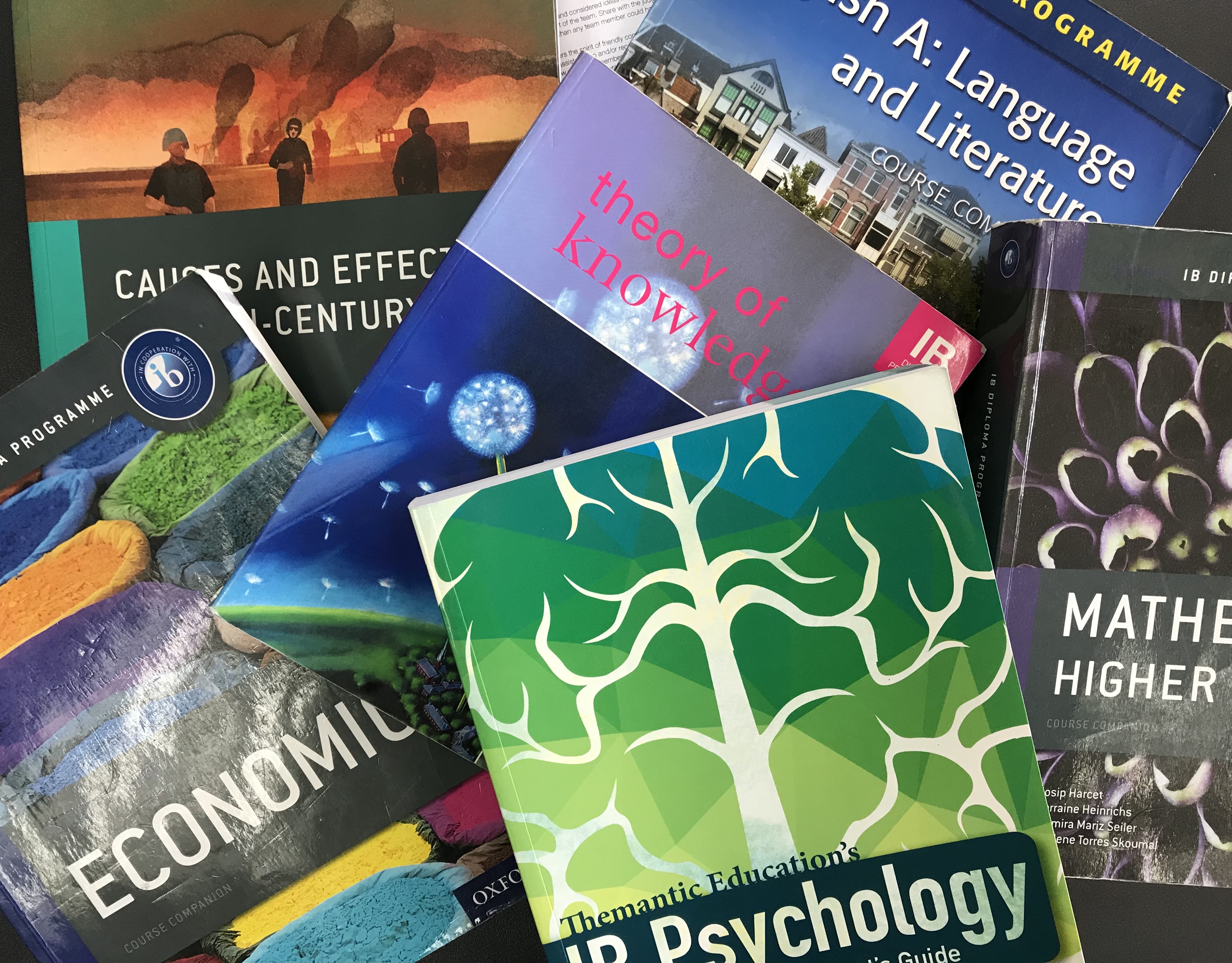
“How’s your high school life right now?”
“Hopeless.”
This is how AISG’s senior Vicky J. answered when I asked her the question above. Perhaps, many grade 11 & 12 students at AISG sympathize with Vicky because they also have to face the seemingly infinite tests, homework, and deadlines. This rigorous schedule is primarily due to our school’s only offered educational program: the IBDP. The International Baccalaureate Diploma Programme is an international college preparatory curricular program offered around the world. If you’re a student at AISG, you have probably heard many upperclassmen complaining that the IBDP is extremely tiring. If this is true, what makes the IB so challenging and rigorous? And if the IB is so challenging and rigorous, why do so many students all over the world still do it? What are the benefits of completing the IBDP?
International Baccalaureate (IB) is an international education foundation based in Geneva, Switzerland. The official IB website, ibo.org, claims that the aim of the program is to “develop inquiring, knowledgeable and caring young people who help to create a better and more peaceful world through intercultural understanding and respect.” This explanation sounds very abstract, and I suspect that after you read it, you either scoffed or looked at it in confusion.
A better explanation of purpose is that the IB aims to not only teach students about specific subject areas such as math and English, but also provide the students with rich, college-level education experience through documenting Creativity-Activity-Service (CAS), learning Theory of Knowledge (TOK), and writing essays (6 Internal Assessments and 1 Extended Essay) inside and outside of their subject classes. The IBDP requires the students to take 6 subjects of their choice—3 at the higher level and 3 standard level (though overachievers can choose to take 4 HLs)—and study Theory of Knowledge (TOK, an epistemology course similar to philosophy), complete their CAS, and write EE’s and IA’s. A maximum of 7 points are rewarded for each subject: multiply that by 6 different subjects, and we get a maximum of 42 points for 6 subjects. On top of those course-related 42 points, students can get a maximum of 3 bonus points from TOK and EE. Therefore, the total possible score is 45. The fact that students have to take 6 mandatory subjects, half of them being HL’s, AND write essays outside of class makes the IBDP seem very challenging and rigorous compared to other college entrance programs.
For those who are already enrolled in the IB, you may nod in agreement about the difficulty of the program. For those who are not in grade 11 yet, you may have qualms about whether you should do the IB in the future. However, there are benefits from completing the IBDP which explain why students persevere and complete the course regardless of its difficulty.
First, IB effectively prepares a student for university. The extremely time-consuming process of writing IA’s and EE’s prepares IB students for their university life in which they will write even longer essays. As one student who completed the IBDP put it, “IB is probably the hardest thing you have done yet”, but after you have completed it, “you will know time management and figure out how to deal with stress.”
Second, the IB program gives colleges a standard way to measure a student’s academic achievements and understand the rigor of their HS program. According to AISG’s counselor Ms. Julie Lindsay, when universities look at students’ applications, the two main questions they ask themselves are:
Q1. Can this student manage the academic program here?
Q2. Why should we invite this student here?
The answer to Q2 depends on the student’s academic performance, personal statements, and recommendation letters, but for Q1, the universities already know that the IB is a holistic, rigorous program. Hence, universities already know the answer to whether IB-enrolled student can handle university programs.
Returning to the original question: why did AISG choose the IB? As a school that used to offer only Advanced Placement (AP) and later both AP and IB, the board of AISG decided that due to the limited number of students and the school’s size, it would be impossible to offer both programs. Therefore, AISG had to decide between AP and IB. Our school’s IB coordinator Ms. Anne Martin-Bauer who has been at AISG for 14 years helped explain why AISG chose the IB. She said that the IB can not only offer more courses (considering that HL and SL are two different courses), but can also better meet the demands of AISG’s students. AP is more focused on the U.S. while the IB is more widely recognized internationally. And many graduates of AISG go to universities in Canada, Hong Kong, and Korea, so the IB seemed like a better fit for our students. The IB allows students get prepared for universities and also helps our AISG students to find their best fit universities. So then, why not go along with the IB?